Table of Contents
Some potatoes can be composted under the right conditions with proper preparation. They are unconventional compost materials and pose challenges to composters. Caution is necessary to avoid accidental regrowth of potatoes and the spread of blight in your compost pile.
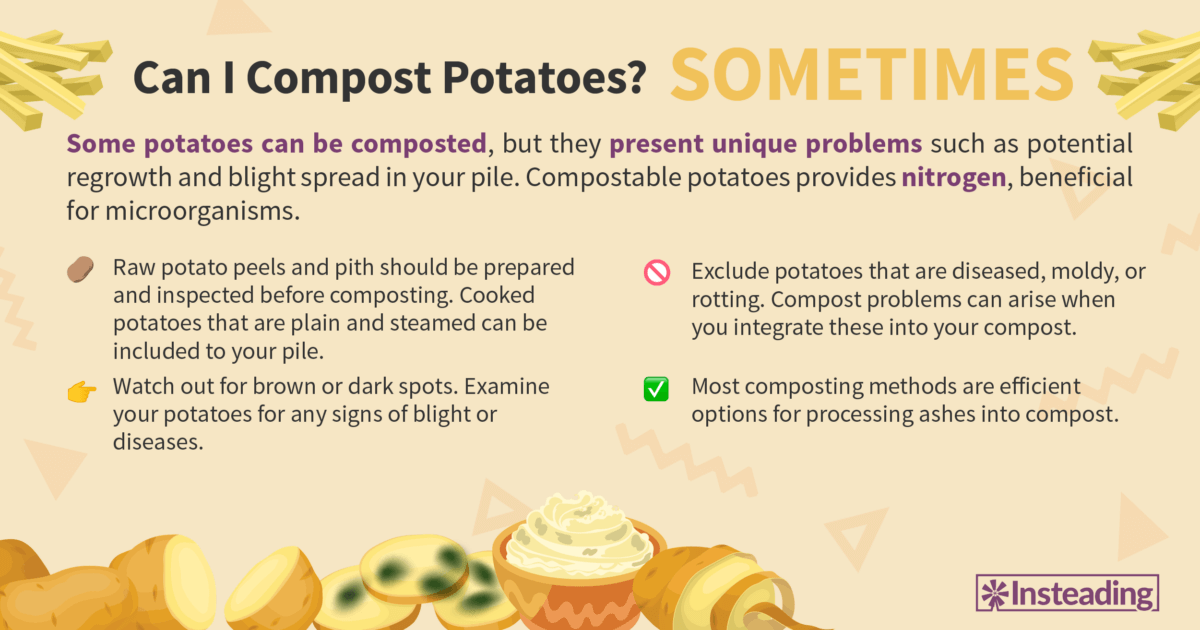
Potatoes are packed with nitrogen, which can aid with the microbial growth in a compost pile. Potato scraps contribute additional moisture so add them minimally. Excess moisture can generate anaerobic conditions in your compost, prompting unpleasant odors.
If you are unable to compost potato scraps, explore their other kitchen uses. Potatoes add flavor to vegetable stock, and work well as an organic thickener.
How to Compost Potatoes
Correct preparation of compostable potatoes will minimize the risk of blight or any disease spread, or accidental growth of new potatoes in your compost pile. This applies for both store-bought potatoes and homegrown backyard potatoes.
The pith of raw potatoes can be composted. However, you should cut it into smaller pieces before adding to your bin or compost pile. Potato peels, on the other hand, pose no risk of regrowth and easily break down in well-managed piles.
Small amounts of cooked potato leftovers can be included in your compost, but ideally, you should only compost plain, steamed potato scraps. Avoid using cooked potatoes that have been mixed with oils, preservatives, or sauces as these substances can adversely affect the composting process.
Preparing Potatoes for Composting
To start composting, inspect your potatoes and separate those with brown spots indicating blight, mold, or rot. Potatoes can present some challenges to composters as they are prone to crop diseases — one of which is potato blight. This spore-borne disease infects the leaves and stems of the plant before making its way to the potato crop and eventually to the tubers.
Potato blight spores can cause enormous damage to many crops and linger in the affected soil for years. Adding them to compost can infect your garden soil and other plants like peppers and tomatoes.
If you’re uncertain about the condition of your potatoes, you should dispose of them elsewhere or consider other composting methods.
Chop potato pith and skins into smaller pieces. Doing this step speeds up their decomposition and helps to avoid potential regrowth from these potato bits. Arrange the potato pieces in your compost pile, layering them alternately with nitrogen-rich and carbon-rich materials.
Striving for optimal composting conditions can make your compost pile more effective in processing organic wastes.
Optimal Composting Conditions for Potatoes
For a successful compost, you need to combine your materials evenly, aiming for a carbon to nitrogen ratio of 25 to 30 parts of brown ingredients for every 1 part of green ingredients. Dead leaves and wood chips are excellent carbon materials. Potatoes aid the pile’s microbial development due to their nitrogen content.
Moisture plays a significant role in composting. The pile should be damp, not waterlogged. Potatoes can contribute moisture to your pile so only add water when necessary. Flooding your pile could lead to anaerobic decomposition, especially in piles that aren’t aerated. This condition often leads to an unpleasant smell.
Some composters and gardeners prefer hot composting potatoes, because it makes compost more quickly. The optimal temperatures — between 90 and 160 degrees Fahrenheit — facilitate the efficient breakdown of organic waste and indicate sustained microbial activity.
How Long Do Potatoes Take to Compost?
In a well-managed pile, potato peelings and pith can take anywhere from 3 to 6 months to fully break down. Factors like availability of composting microorganisms, heat, moisture, and oxygen, determine the decomposition rate of such organic wastes.
How Potatoes Affect the Composting Process
Nitrogen in potatoes boosts microbial activity within your compost heap. Integrating too many potato scraps can, however, cause an imbalance in the moisture levels of the pile.
Impact on Decomposition
You must chop your potatoes before composting them. Generally, smaller organic materials decompose faster. Microorganisms involved in composting can easily access crucial nitrogen and other nutrients from smaller potato pieces.
Microbial Activity
Microorganisms flourish in aerobic conditions where they are aerated thoroughly. Under this condition, the decomposition rate becomes more efficient, resulting in nutrient-rich compost.
Excessive moisture and insufficient oxygen in a compost pile can result in anaerobic decomposition, which is often associated with unpleasant smells. To minimize this risk, add your compostable potato scraps sparingly, and avoid compacting the pile.
Temperature and Moisture
Hot compost piles can heat up due to continuous microbial activity. The nitrogen content in potato scraps assists in sustaining these high temperatures, which are best between 90 and 140 degrees Fahrenheit.
Regulate the inclusion of potatoes with your bin or pile as they can contribute too much moisture. If the pile becomes too damp, aerate and integrate more carbon materials like dried leaves or untreated sawdust.
Potential Issues With Composting Potatoes
Mismanagement can lead to several composting problems. The potential growth of potatoes in a compost heap is another concern for composters. You can prevent this issue by chopping your potato scraps first.
Will Composting Potatoes Attract Pests?
If poorly maintained, potato pith and skins in compost piles can lure pests. To minimize this risk, strive for the optimal composting conditions. Only compost small amounts of potatoes. Cover your home compost bin with a lid, or set a metal or wooden sheet over the open pile.
Will Composting Potatoes Cause Odors?
Fresh potatoes usually do not cause unpleasant smells. However, rotting potatoes and anaerobic compost piles can emit foul odors. Preparing your potatoes carefully, and aiming for the optimal compost conditions, are excellent ways to mitigate this risk.
Methods for Composting Potatoes
Most composting methods can safely convert potatoes into a nutritious soil amendment.
Hot Composting
Hot compost piles can handle potato scraps. This method relies primarily on composting microorganisms and the heat they generate to break down organic wastes. Nitrogen from potatoes can assist with the development and function of these beneficial microorganisms. Hot piles can yield nutrient-rich compost faster.
However, hot composting may not be suitable for everyone. It requires constant monitoring and maintenance until the compost is produced.
To begin hot composting, prepare your potatoes accordingly and combine with other compost ingredients. Maintain the pile’s temperature between 90 and 140 degrees Fahrenheit by turning for aeration. You can do temperature checks using a long-stemmed backyard thermometer.
Cold Composting
Cold composting is a fantastic alternative to hot composting potatoes. A correct ratio of brown and green layers should be followed closely to ensure a favorable environment for composting microorganisms. Cold piles do not heat up and can compost at a slower rate. Overtime, these organic layers break down into healthy compost.
Temperature checks and regular turning are no longer necessary in cold piles. Naturally occurring microbes, and other external elements are the main agents of decomposition. This option is convenient for beginners on composting because it requires little to no human intervention.
Our top tip: Chopping your potatoes as finely as possible will help accelerate their decomposition in cold composting systems.
Vermicomposting
Vermicomposters avoid the addition of potato peels due to their solanine content. This chemical works as a pesticide. Solanine buildup in your worm bin will harm worms.
Small pieces of potato pith can be added in minimal amounts. Stay away from cooked potatoes heavily seasoned with dairy, oils, or other preservatives. To produce healthy compost, the worms need to break down organic waste safely, so it’s best to protect them from harmful chemicals.
Bokashi Composting
Bokashi composting is an option for composters with limited space. Potatoes are welcome additions to a Bokashi bin because fermenting microbes will love their starch content. They thrive in carbohydrates and proteins.
The Bokashi method isolates food waste from oxygen as fermentation begins. Bokashi kits usually come with a specialized inoculant bran and a Bokashi container with a lid.
Once sealed, the Bokashi container traps odors and keeps away pests.
Alternatives to Composting Potatoes
There are other sustainable ways to handle potato scraps. Sending them to the landfills should be the last option.
Industrial Composting of Potatoes
Commercial composting centers offer pick-up services and drop-off points for household wastes, including potato scraps. These large-scale services utilize high temperatures to process organic matter into healthy compost, usually for agriculture use.
Contact your nearest industrial composting facility to learn more about how they accept potato waste.
Upcycling Potatoes
Potato peelings have valuable use not only in the garden, but also in the kitchen.
Potato Skin Chips
These irresistible snacks are inexpensive and easy to make! Start by scrubbing and rinsing skins from organic potatoes, then bake them at 375 degrees Fahrenheit until crisp. Alternatively, you can air-fry or deep-fry the potato skins.
Add your favorite seasoning and enjoy this quick snack. They also make a great alternative to croutons in salads or soups.
Potato Skin Herbal Tea
If you’re in need of an immunity booster, try this potato skin tea. Bring a cup of water to a boil and add your cleaned potato skins. Simmer for five minutes and strain to remove any impurities. Have it hot or add ice.
Vegetable Soup Base
Potato scraps and other vegetable trimmings like celery stalks and carrot peelings, contain delicious flavors that bode well for a vegetable soup base. Add them in a pot of water and boil for 10 minutes or more. The resulting stock can be used for sauces, and stews.
Potato Thickener
The solution to runny sauces and soups is an organic thickener. You can turn your leftover potato peels into such by drying or dehydrating them in an oven. Pulverize the crispy skins using a food processor or a mortar and pestle. Store the potato powder after until use.
Feeding Potatoes to Chickens and Livestock
Chickens can consume small amounts of cooked and fresh potatoes as they are abundant in nutrients like calcium, phosphorus, and potassium. Green potatoes contain a significant amount of solanine which is toxic to chickens.
Other livestock that can be fed with potatoes include cattle, horse, sheep, and swine. Follow the CropWatch Guide of the Institute of Agriculture and Natural Resources of University of Nebraska-Lincoln for more information.
Disposal Options for Potatoes
If none of these options work for you, put your potato scraps in a suitable waste bin. Seal them inside a garbage bag first to prevent pests from getting into your waste.
What Potatoes Shouldn’t Be Composted?
Cooked potato leftovers with oils, preservatives, or sauces shouldn’t go to your compost as they can hinder proper decomposition. Food additions from these potatoes can cause your pile to smell or attract pests.
Dispose of potatoes with blight, mold, or rot. These infected potatoes can spread crop diseases in your compost and remain in your garden soil when the compost is applied.
Be careful when composting potatoes with tubers. Unexpected regrowth of potatoes in your compost pile will steal the nourishment of your compost.
Safety and Precautions When Composting Potatoes
Maintain optimal conditions for potatoes to avoid inconvenient issues. Keep your compost and garden safe from bacterial and fungal infections by avoiding diseased potatoes. Successful composting of potatoes into nutrient-rich soil additives greatly depends on proper preparation.
Wash your hands with soap and running water after your composting activity.
FAQ
Can you compost potato salad?
Composting potato salad can lead to issues such as attracting pests and causing unpleasant smells in your compost heap. Additionally, the dressing may contain preservatives that prevent proper decomposition of organic materials and hinder microbial development.
Do potatoes help compost?
Yes, potatoes can aid with the composting process due to their nitrogen content. However, potato scraps should be prepared correctly to maximize their composting benefits. Converting potato scraps has some challenges, such as potential blight spread and unintended regrowth of potatoes within the compost pile.
Can you compost rotten potatoes?
Rotten potatoes can be added to your compost pile, but they may produce unpleasant smells. If this is a concern, it’s best to avoid and dispose of them somewhere else.



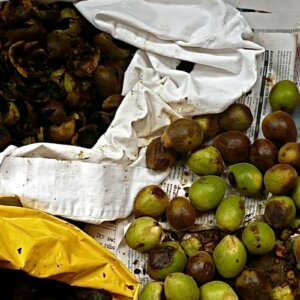


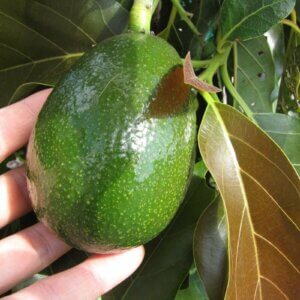
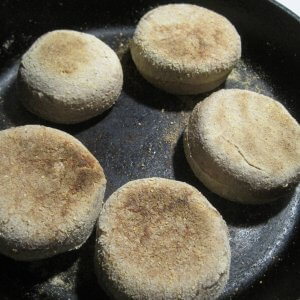
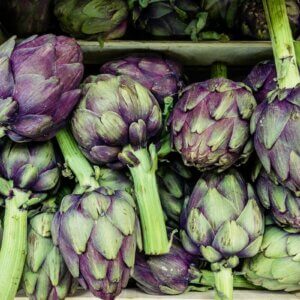
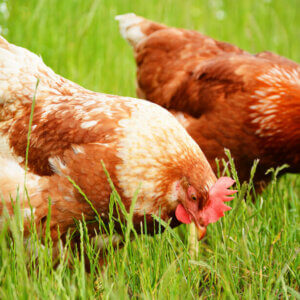

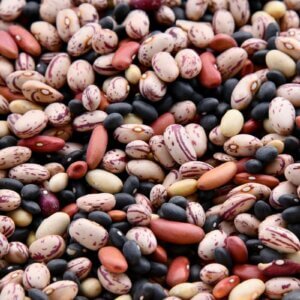

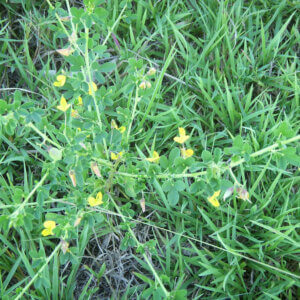

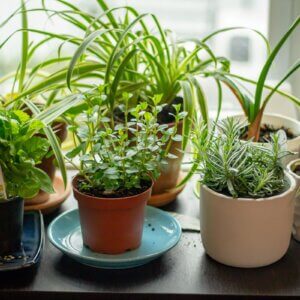

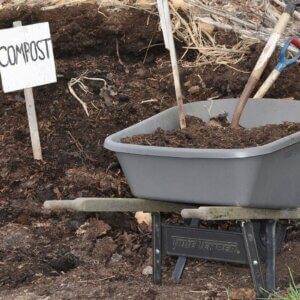


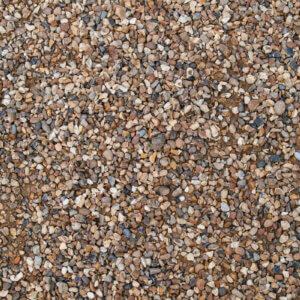

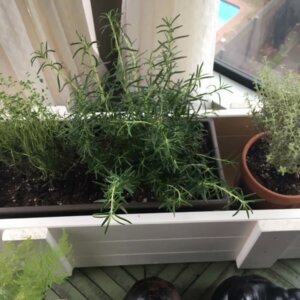
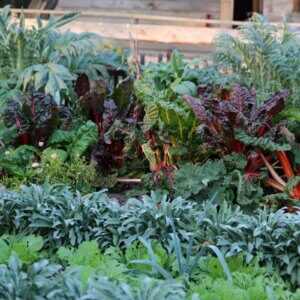
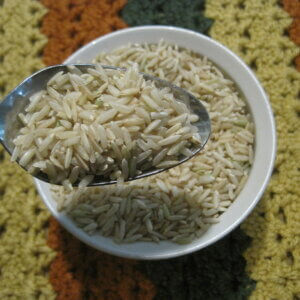

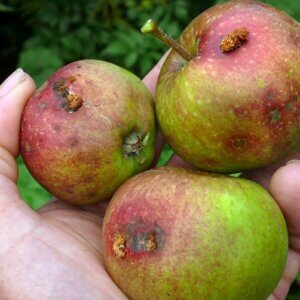










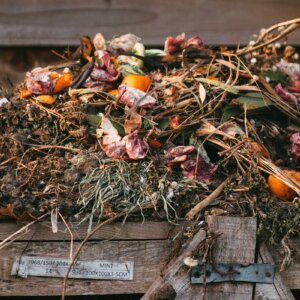



Leave a Reply